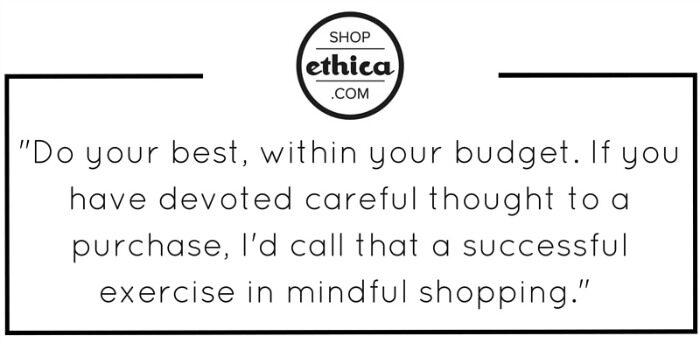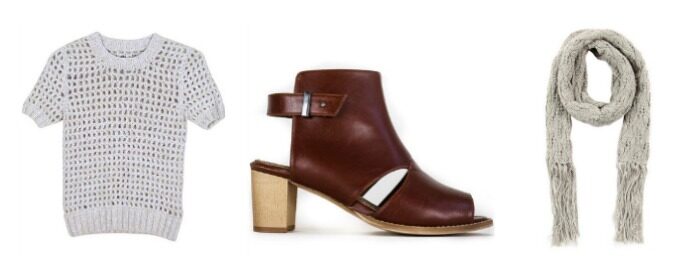(This blog originally appeared on Prim and Propah, by Amanda Light and was republished with her permission.)
You’ll be hearing me talk more about the W.E.L.L. Summit in more detail this year but I still have to tell you about some of the things that I have been learning about more in the past few months. The WS was one of those unique situations where you don’t have a clear picture (completely) of what to expect but whatever expectations that you had were blown out of the water! You may remember my Sleep Well post a month or two back so it may surprise you me taking this next WS sponsor post in a little bit different direction. There was a team of people at the WELL Summit from Ethica. Their goal is to take some of the guess work out of ethical shopping and bring both mindful consumers and thoughtful brands together. They do a great job of curating pieces that are both stylish and take sustainability into consideration while highlighting the very real impacts of our collective consumption choices. I asked Melissa Cantor, founder of Ethica, to sort of just tell us how to start. It can be daunting to want to make your life more sustainable in every area so she’s here to take us by the hand, tell us it will be OK and to just get started.

The first piece of advice that I give to people who are new to ethical and sustainable fashion is to start asking questions – where something was made, and what it’s made of. Country of origin and material composition are short-hands and not guarantees by any means, but generally speaking, labor standards are better in the developed world, and natural or recycled materials have a lesser environmental impact than synthetics. (Polyester is basically petroleum!) Beyond that, it’s not always easy to know whether a brand is green-washing or selectively highlighting some facts for marketing purposes, but in my experience, the more thought that a company puts into its decisions, the more it’s willing to engage in a conversation about them. If you have a question about a product, write the company who makes it! Their answer may or may not be what you hoped to hear, but it will definitely tell you a lot.
Another piece of advice I frequently offer is not to let perfect be the enemy of the good, in two senses: One, shopping ethically is a process that gets easier with time. I wouldn’t make a vow to transform my shopping habits overnight anymore than I would promise to work out 6 times a week without building up to it. Sustainable fashion is a new, evolving field that is completely reshaping existing business models. Things are changing, quickly, and there’s new information and more to learn more every day, so it can all feel overwhelming. Do your best, within your budget. If you have devoted careful thought to a purchase, I’d call that a successful exercise in mindful shopping.
Two, there’s no such thing as the perfect product. If you’re looking for something that’s 100% animal-free, you will likely make a different decision than someone who is looking for the most natural material available. If you want to support local brands, you’ll end up with something different than someone who wants her purchase to support artisans abroad. The important thing is for you to know the backstory behind an item or brand, be confident that you’ll get good use out of it, and feel that the values behind it align with yours.
See? It’s all about putting thought into your purchases. This goes for everything into your life. Be educated and make yourself aware. Knowledge is (purchasing) power and know that you can’t make these changes overnight. It’s a process and one that you can start today.
